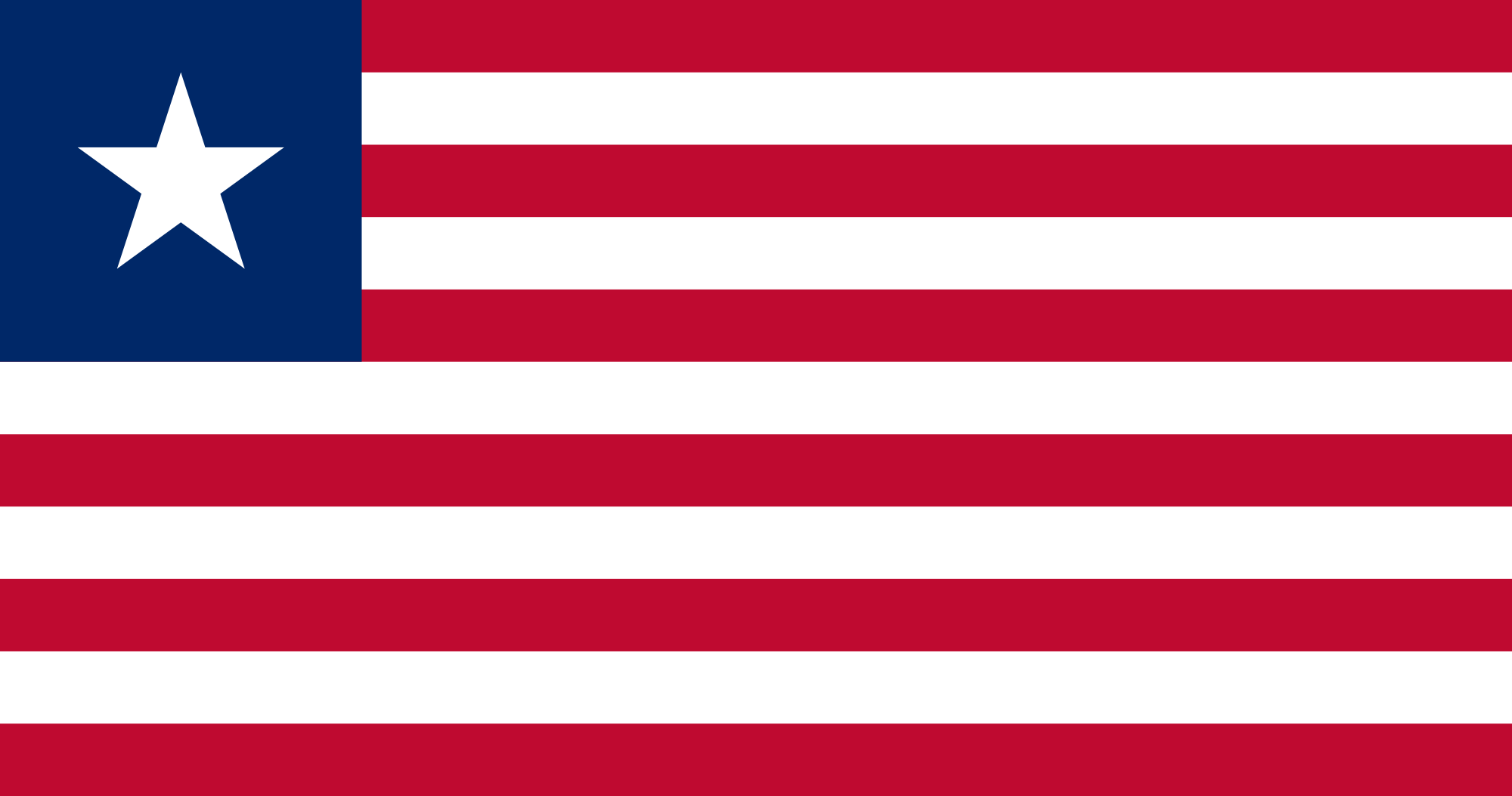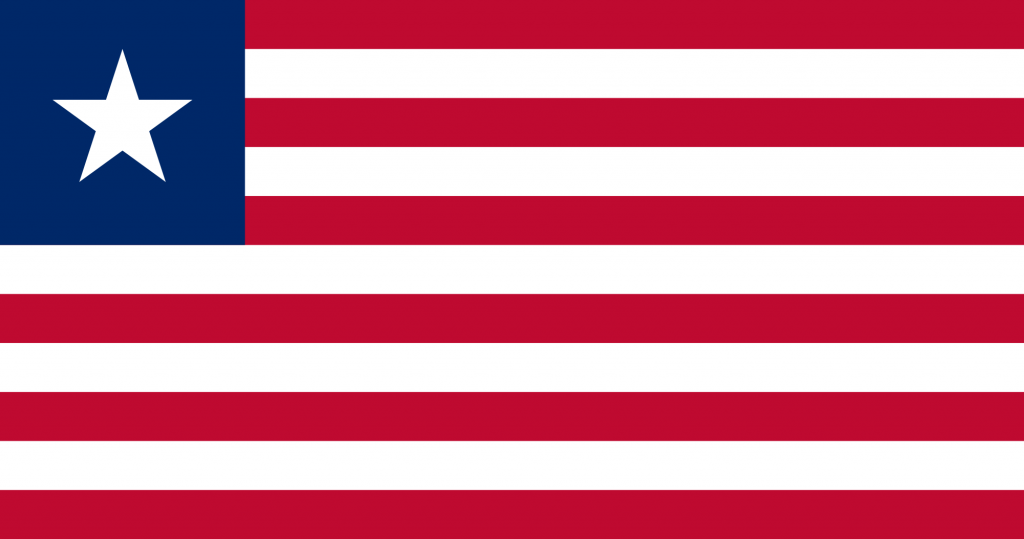At a seminar on the way forward for an enforceable gender quota and strategies for implementing Elections Law 4.5 b and c, Vice President Jewel Howard Taylor stressed that without a good financial backing, women will find it difficult to remain in politics.

“There’s an important lack of additional financial resources to fully capacitate female politicians and I’m not talking about getting us on the radio, I am talking about money to campaign on the ground; because we can deliver our goods on the ground and not about thirty T-shirts alone,” the Vice President said.
The seminar which took place on Monday was held at Cape Hotel in Mamba Point.
VP Taylor urged women who are desirous of venturing into politics to continue to engage the relevant authorities in making sure that the voices of women in politics are heard.
“We need to have our voices loud; we need to be clear about what our platforms are and we need to be able to pay a visit to the women,” VP Taylor advised.
She also called on all women in Liberia to put aside their differences with each other and elect women into the office so that there can be an appreciable representation of women in public offices.
“I’m going to take off the hat as Vice President and put on my feminist hat to say this: that we must look beyond borders and elect women into offices or else the time will come when no one will have space at the table because it will be occupied predominantly by men,” she stressed.
According to her, because Liberia is a male-dominated society, most women are afraid to invest in a process that they [women] think will not work out.
“And so, they don’t know what the political space is going to be like; if you’re going to win or if you going to lose and so you put all of what you have in a process and you actually lose then you lose twice and then you start all over at the end of the road,” she said.
Meanwhile, VP Taylor is calling on everyone including women, civil society and the donor community to be supportive of the National Elections Commissions as it relates to advocacy and finance.
“While NEC steps up and tries to solve the challenges, we, too, must work together to support and call for a fully financed and fully functioning national elections commission,” she stressed.
“In countries where greater numbers of women participate as political leaders, issues like health, education, infrastructure, ending violence against women, and overall quality of life concerns get paid greater attention,” she said.
For his part, the Deputy Director and senior policy analyst of the Pan African and Regional Development Program of the Government of Canada, Fiore Pace stated that even though there seem to be gender gaps in education and other sectors, the widest gap is in political empowerment.
“There’s a gender gap in health and survival; there’s a gender gap in economic empowerment but the widest is political empowerment and this program is trying to break that gap.”
The initiative is co-funded by the Government of Canada and UN Women in collaboration with the National Elections Commission.

